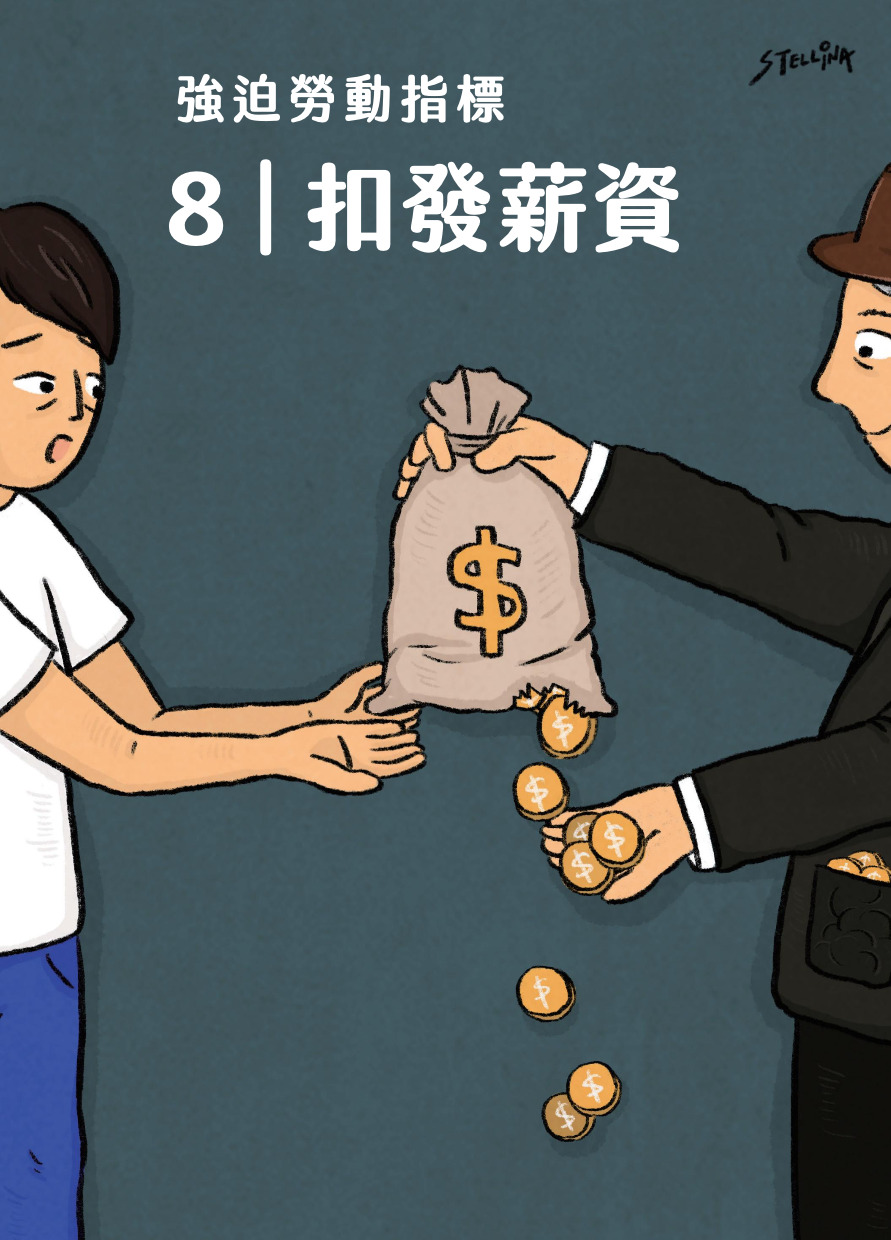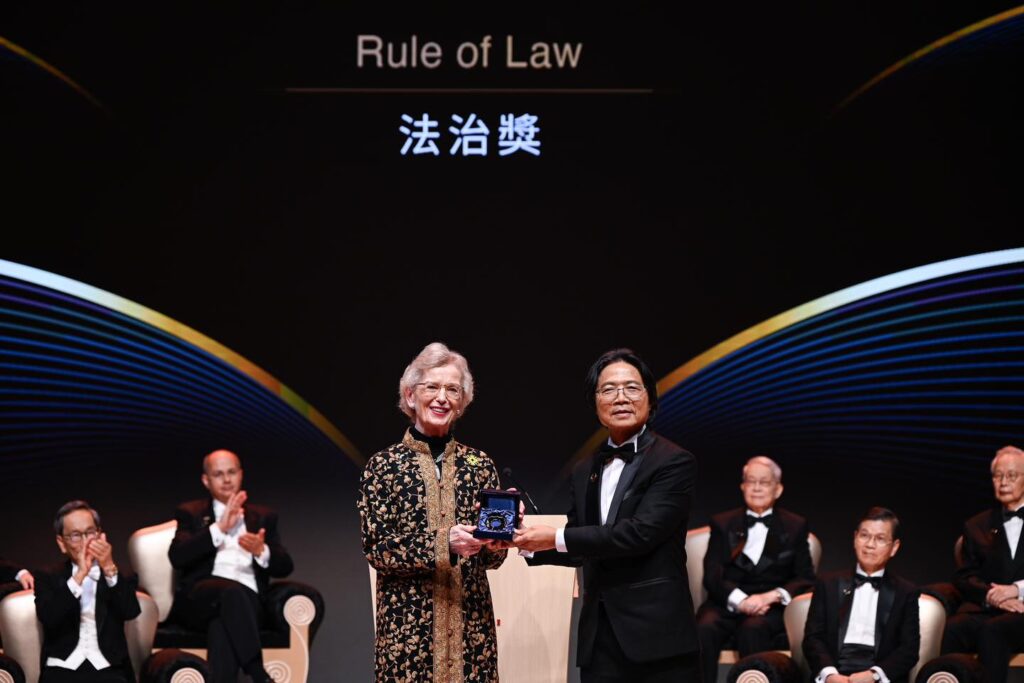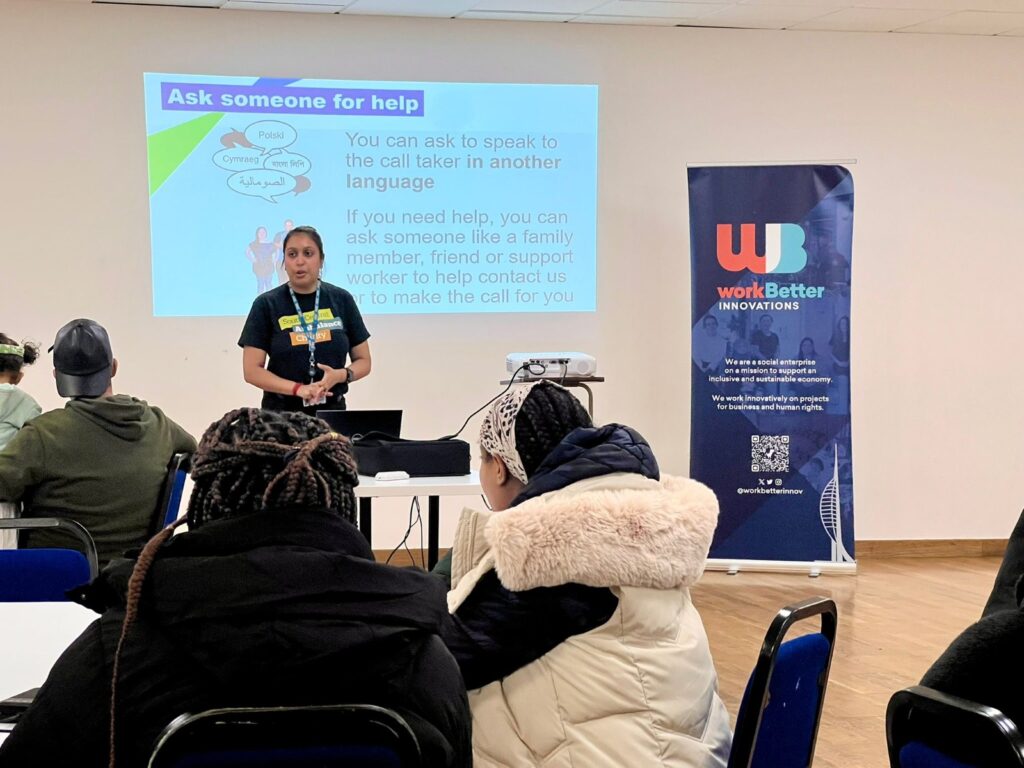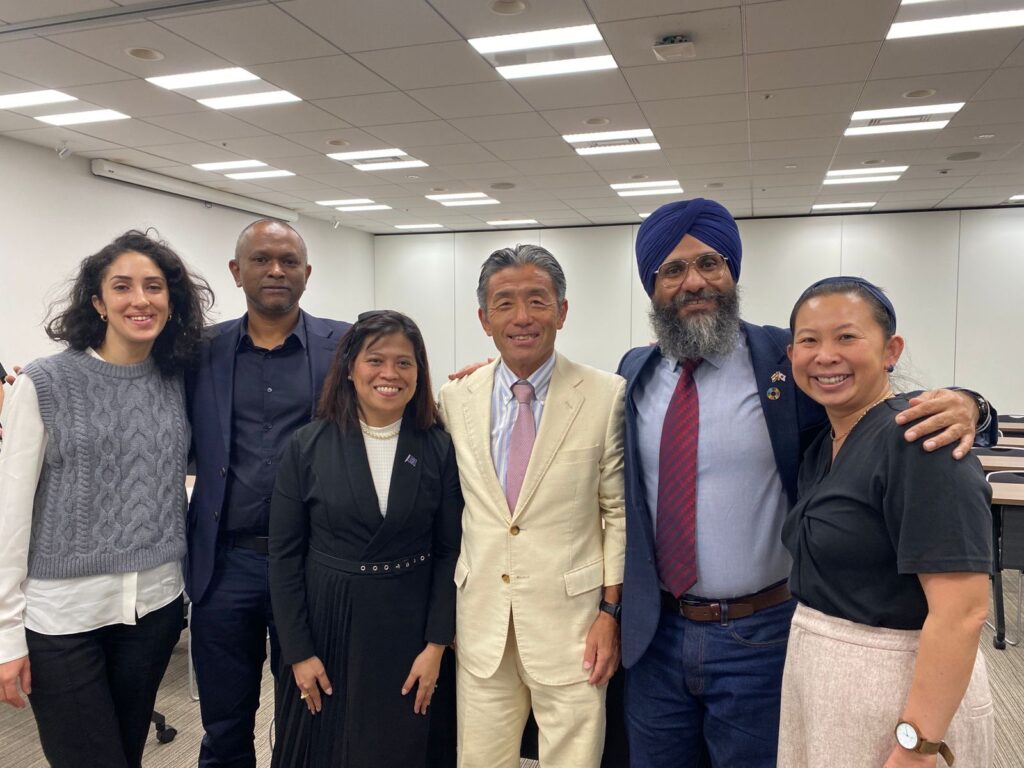28 November 2023. WBI is featured on a labour rights podcast in Taiwan! Our Executive Director sat down with the host of the popular labour podcast iLabor in Taiwan (左鉤拳!右鉤權!吃我一記愛の勞動權!) to talk about the withholding of wages as a forced labour indicator. You can listen here, in Chinese.
This is a part of a series of public education on the elimination of forced labour in Taiwan, made possible through WBI’s collaboration with the Taiwan Labour Front, the National Yang Ming Chiao Tung University and the National Human Rights Museum of Taiwan.
Taiwan Labour Front is the oldest organisation focusing on labour rights activism in Taiwan. This premier organisation was founded during Taiwan’s martial law, when much of civil society advocacy was conducted under great personal risks, owing to the environment of political prosecution. We are honoured to be a part of this long, local movement to increase labour protection, working alongside human rights defenders in Taiwan.
WBI’s discussions on forced labour spanned over two episodes: Episode #55 on Withholding of Wages and Episode #56 on Debt Bondage. This blog post spotlights the first episode #55 on the withholding of wages.
This discussion began with the recounting of a funny conversation between Dr Bonny Ling and her children who complained about not being paid their allowance on time – despite having done their house chores! Nice to see labour education also in the home-setting.
There are many ways in which employers can withhold wages from their workers: from charging workers the costs of gear, forced saving and disproportionately deducing meals and accommodation fees to fining workers due to late returns to their dormitories.
 [Illustration by Stellina Chen of FL Indicator 8 ‘Withholding of Wages’ from WBI’s bilingual Guidebook on Forced Labour Indicators for Taiwan’s SMEs]
[Illustration by Stellina Chen of FL Indicator 8 ‘Withholding of Wages’ from WBI’s bilingual Guidebook on Forced Labour Indicators for Taiwan’s SMEs]
But what amounts to forced labour, understood as “work that is performed involuntarily and under the menace of any penalty,” as per the international labour standards developed with governments, employer organisations and worker unions?
Here are some of the points Dr. Ling raised during the podcast:
“The experiences and willingness of workers in a job should be placed at the centre in assessing forced labour risks, alongside an assessment of the menace of penalty that can be present.” – Dr Bonny Ling
- There is no absolute ‘rule’ on how many of the 11 forced labour indicators a situation must meet for it to become a forced labour situation. All the facets around the services and labour provided need to be understood and taken into account.
- Not paying wages on time can result in a worker’s financial insecurity, leading to a situation of debt bondage. Workers can fear losing their previous wages if they leave the job. Their dependence on the same employers or/and labour brokers can increase their risk of being exposed to an abusive and exploitative working environment.
- Forced labour can happen to both local and foreign workers, but the latter are particularly vulnerable due to their unfamiliarity with the laws and languages in the host countries. In the case of Taiwan, migrant workers do not have job mobility, meaning that they are tied to the employer to meet visa conditions.
How can Taiwan improve its legislation to reduce the risks of forced labour? Dr Ling stressed two pivotal aspects.
Firstly, Taiwan must align its domestic legal definition of forced labour with international standards. The definition used in Taiwan comes from the Labor Standards Act, which states: “No employer shall, by force, coercion, detention, or other illegal means, compel a worker to perform work.”
This does not emphasise the element of a worker’s voluntary consent to the work; read more about this definitional analysis in this Policy Brief.
Secondly, we must address the root causes of forced labour by examining where there are labour protection vacuums for specific groups of migrant workers, such as those in the domestic care or long-distance fishing sectors.
WBI’s next appearance on this Forced Labour Podcast Series will be an episode addressing debt bondage. The podcast iLabor in Taiwan can be found here, and it is aimed at education and prevention of forced labour!
“不要在有問題以後才反應,而是思考預防強迫勞動 .” – Dr Bonny Ling






